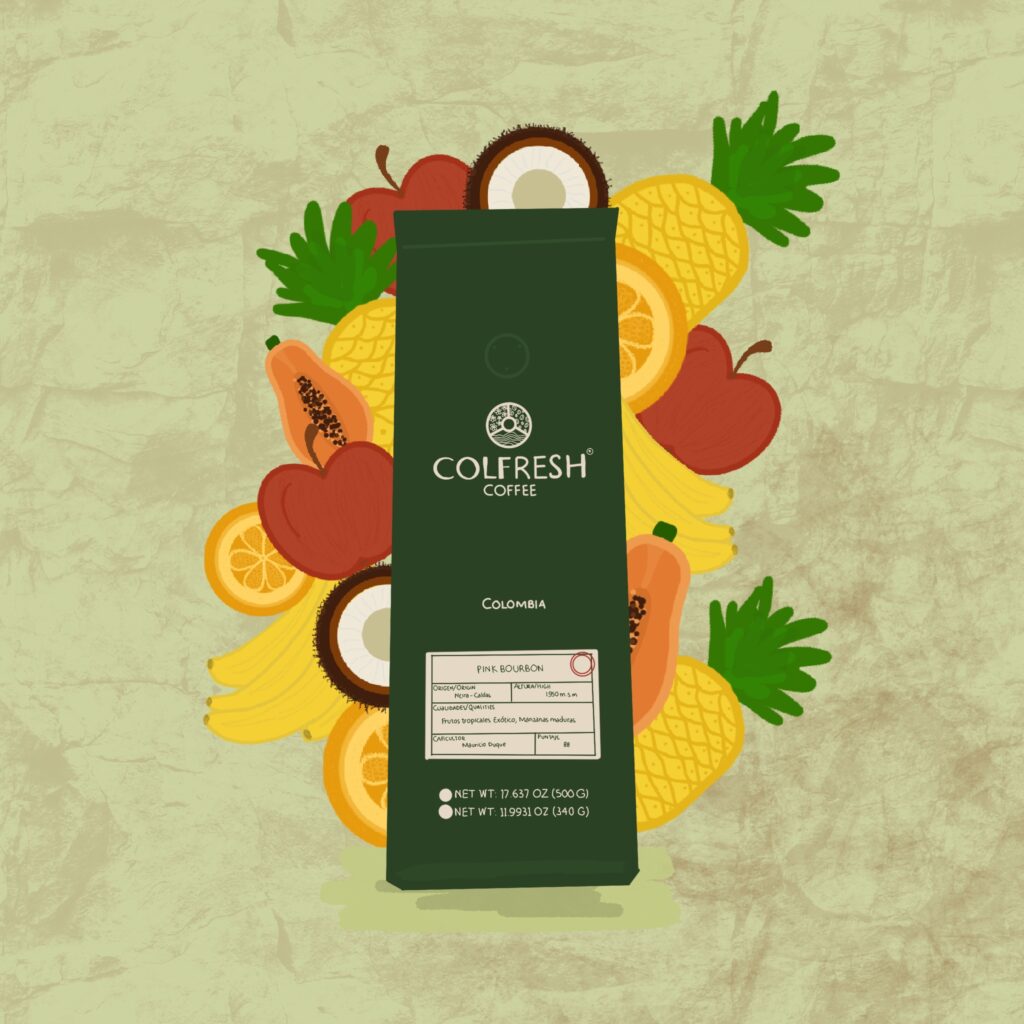In Colombia, coffee is part of our identity. But even though we’re surrounded by coffee farms, we don’t always know how to choose the coffee that truly matches our palate… or how to tell the difference between specialty coffee and commercial coffee.
Here’s a simple guide to help you choose the ideal coffee for you—without overpaying.
What kind of coffee suits you?
In Colombia, we produce coffees for every taste. The key is knowing what you like and what to look for on the package. Ask yourself these questions before buying:
- What do I like to taste? (Acidity, bitterness, sweetness?)
- Do I prefer smooth coffees or ones with a bit more body?
- Do I like unique flavors, or do I prefer coffees that just “taste like coffee”?
Time to go shopping…
Although there are more and more specialty coffees in Colombia, many still don’t offer truly fresh or high-quality coffee. Here’s how to spot a coffee that’s actually worth it:
What to look for?
- Production batch / Production date: Don’t buy coffee without this information!
- Origin: Where the coffee comes from (Farm, village, or municipality).
- Roast type: Medium and light-medium roasts better showcase the bean’s characteristics.
- Certifications and/or SCA scores: If it has a score of 84+, it’s considered specialty coffee. (Note: this information should be backed by a certified Q Grader.)
- Whole bean format: Coffee in whole bean form retains its properties longer than ground coffee—and lets you experiment with different brewing methods and grind sizes.
What to avoid?
- Ground coffee with no roast date: It’s likely been sitting around for months—or even years.
- Empty terms like “Gourmet”, “Premium”, or “Excelso” without additional information: The more detail about origin and production, the more confident you can be that it’s truly specialty coffee.
- No roast type listed: This can suggest a medium-high or high roast. High roast levels can lead to stale aromas and burnt flavors.
- High prices with no clear information: Don’t pay more just for the packaging—make sure the value of the coffee is clearly justified.
Final recommendations (from our experience)
- Buy fresh coffee.
- Support direct producers or brands that work closely with them.
- Always ask about the origin, variety, process, and roast date.
- Try different brewing methods: The same coffee can taste very different depending on how you prepare it.
In conclusion, you live in a country that produces some of the best coffee in the world! Learning how to choose the right coffee not only improves your own experience—it also supports the coffee growers who passionately work to offer you a high-quality product.
Whether you’re looking for bold body, smoothness, or exotic notes—Colombia has it. And now you know how to find it!
We hope this information helps you make better purchasing decisions and enhances your coffee experience! See you next time!

